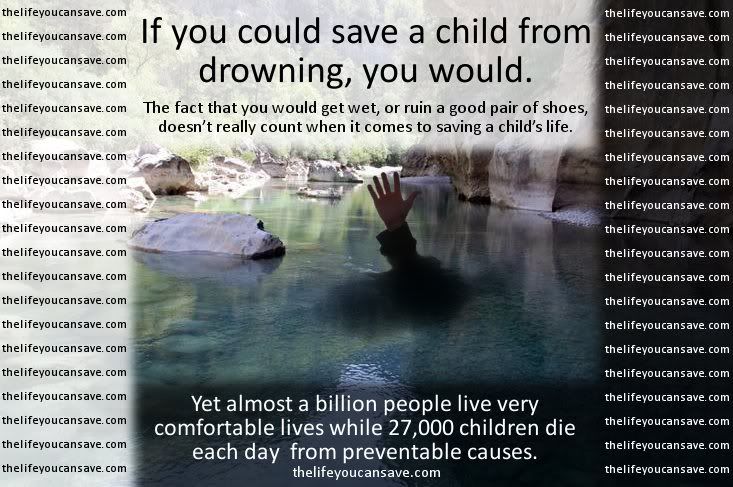GregoryLewis wrote:Feel free to ignore if this unconstructive, but I unsure making people feel guilty (even if they should be guilty) is likely to be successful in getting them to give. I hope to be giving an altruism talk next year (to a medical student audience), and I'm very hesitant to include anything with the subtext: "you bad person for not giving more!"
If I'm wrong and this turns out to be wildly effective, please let me know!
I would say that direct criticism like that would be counterproductive, but there is a similar approach that has proved effective: allowing people to discover there own moral hypocrisy. One way to do this is to get people to acknowledge support for some moral principle (generosity), then get them to list things they did in the past that were contrary to that principle. If they are led to believe that thier decision to act altruistically now will reflect upon their group (e.g., their school), they will tend to make the "morally appropriate choice" (McKimme et al., 2003, pp. 218, 220). Perhaps the "choice" could be making some kind of public commitment, in writing or on video, to do the right thing--however, perhaps your assignment is to simply provide information about altruism and not actually do anything to make people more altruistic.
There is also reason to believe that people will lie to give the appearance that they are acting impartially when they are really acting to benefit themselves (see Batson et al. 1997), but I'm not sure how people would respond to hearing this in a lecture. My personal experience talking to people is that they universally deny cognitive bias and therefore discount any claims that they are suffering from self-serving cognitive illusions.
That being said, I think there are flaws in the pond example such that its appeal to selfish people is limited (not simply because selfish people fail to see "truth" but that the pond example relies on the assertion of objective equivalence between helping locally and helping from a distance). Efforts to perpetuate altruism might be supported by developing empathy for others through such things as perspective-taking (which is widely used experimentally to manipulate empathy). Some philosophers view appeal to emotion as irrational, which it might be, but the philosophical defense of underlying values is ultimately subjective or contingent upon hypothetical assertions. Appeal to empathy provides people with an internal basis (perhaps one that they have overlooked) from which to judge the moral valence of actions--this is different from a stranger trying to convince a selfish person that it is good to deny one's internal motivation for selfishness (yes, appeal to emotion is considered anti-utilitarian).
References
Batson, C. D., Kobrynowizcz, D., Dinnerstein, J. L., Kamphf, H. C. & Wilson, A. D. (1997). In a very different voice: Unmasking moral hypocrisy.
Journal of Personality and Social Psychology 72(6), 1335–1348.
McKimmie, B. M, Terry, D. J. Hogg, M. A., Manstead, A. S. R. Spears, R. Doosje, B. (2003). I'm a hypocrite, but so is everyone else: Group support and the reduction of cognitive dissonance.
Group Dynamics: Theory Research, and Practice, 7(3) 214–224. DOI: 10.1037/1089-2699.7.3.214






